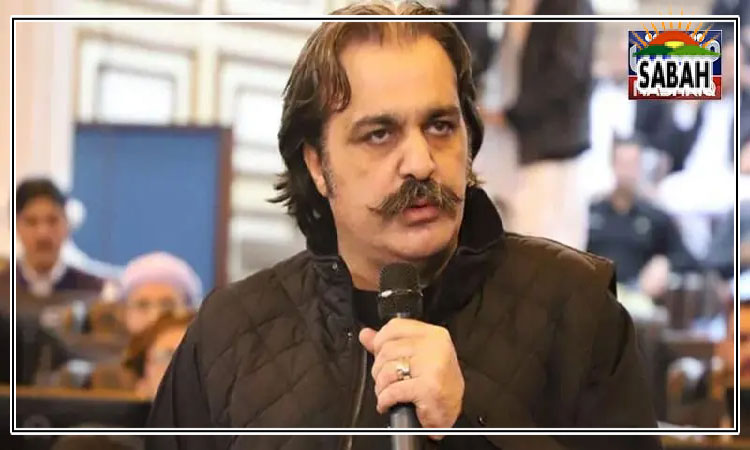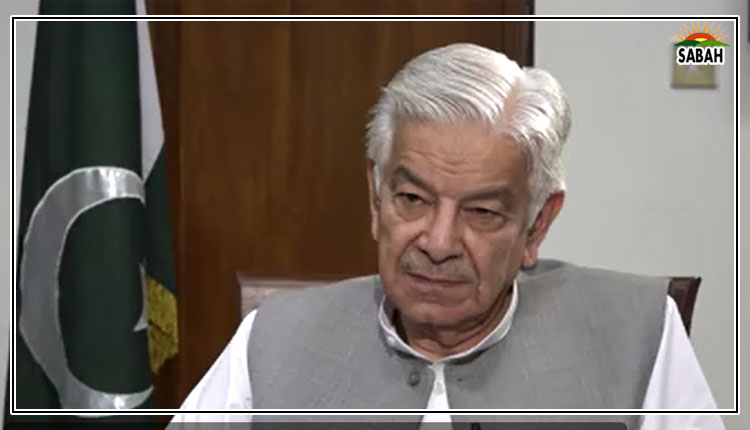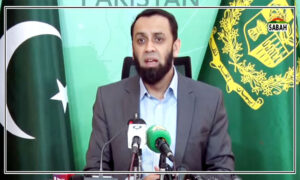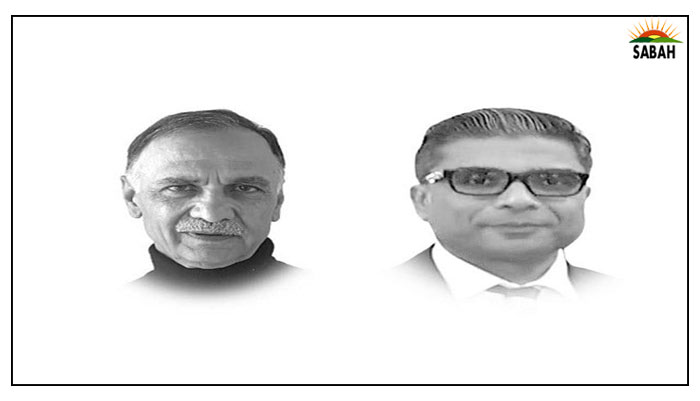Key action areas for the interim government… Daud Khan/Mahmood Nawaz Shah
By law, the new interim Government has limited powers. It may not, inter alia, make major policy changes, launch new initiatives or appoint or transfer key public officials. Such requirements are right and sensible if the interim Government is in place only for 60-90 days while new elections are organised. However, in the current situation elections will need to be preceded by a redrawing of constituency boundaries based on the new population census. This means that elections may take several months to organise and the interim Government will be in charge for a significant period of time.
Unfortunately, given the countrys dire economic situation, inaction over any length of time is not an option. Slow growth, high inflation and a chronic threat of default loom. So what could be a reasonable agenda for the interim Government over the next six to twelve months?
Top of the agenda should be to fully implement the ongoing agreement with the IMF. The nine-month Standby Arrangement (SBA) has been signed by the previous Government in July 2023. As such, it is incumbent upon the interim Government to address the key aspects of the SBA which include: reining in monetary expansion, enhancing tax revenues, reducing expenditures and addressing issues related to state-owned enterprises and circular debt in the energy sector, as well as enhancing climate resilience.
Meaningful actions in each of these broad areas will take time and effort, and above all political will. Some will not be popular. In fact, measures such as higher taxes or a restructuring of subsidies will undoubtedly be painful, at least for those immediately affected. Given that such unpopular measures are necessary, the interim Government will be best placed to undertake these, as most ministers and advisers are technocrats, will not be contenders in the next election and do not need to seek popularity.
The second item on the agenda is to continue discussions with the IMF. The SBA is an interim agreement put in place as Pakistan was unable to fulfil the conditions agreed during the ongoing Extended Fund Facility (EFF). The SBA will run its course in April 2024 and it is important that the Pakistan get itself back onto the EFF. The Government should negotiate with the IMF, as well as with other multilateral and bilateral donors, on ongoing and future support.
Macroeconomic stabilisation should be the top priority of the interim Government. However, as the interim cabinet includes experienced people, familiar with the workings of public institutions, it would be also desirable that they address one of the oldest and most pernicious challenges facing the development effort in Pakistan that of slow implementation. Projects and programmes, at both federal and provincial levels, move at a snails pace. The problem is so prevalent that a large part of many provincial budgets are now made up of delayed expenditures the so called Throw Forward. This means that the budget is dominated by delayed expenditures from previous years and implies that there is limited room for new initiatives. Even donor-funded projects face inordinate delays and often have to be given extension after extension.
Hence the third priority for the interim Government should be to streamline project and programme implementation at provincial and federal levels. A starting point could be a stock-taking of ongoing projects and programmes, as well as the various special, emergency and transformative initiatives launched by previous governments. Those that are performing poorly should be cancelled or merged with those performing better. More importantly the technocrats in the interim Government should be tasked to come up with a reform programme to improve implementation. An enhanced implementation reform programme should draw on experience from successful public sector programmes in Pakistan of which there are several; as well as experience of other countries and of the private sector. Some key elements could be performance-based oversight, sanctions for poor performance, stronger anti-corruption measures and streamlined administrative and bureaucratic procedures including putting a stop to the practice of constantly transferring senior managers.
If successful in these three areas managing the SBA, renegotiating the EFF and improving implementation of public projects the interim Government would have indeed done an outstanding job. We wish them well.
Courtesy The Express Tribune












